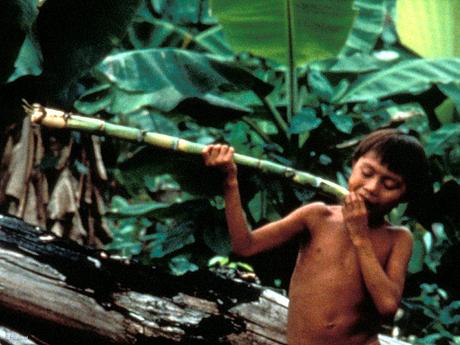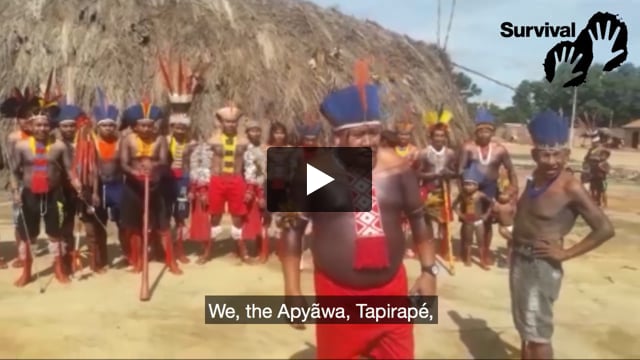Indigenous children dying as health crisis deepens
March 24, 2006
This page was last updated in 2006 and may contain language which is now outdated.
Since the Brazilian government's national health foundation, FUNASA, took over Indigenous health care from non-governmental organistions last year, Indigenous organisations report that diseases are spreading unchecked, and sometimes with fatal consequences.
The Pro Yanomami Commission (CCPY) reports that malaria amongst the Yanomami has quadrupled from 418 cases in 2003 to 1,645 in 2005. This is despite FUNASA spending twice as much money on providing health care in the Yanomami area as Urihi, the NGO it replaced. Medical staff have refused to provide health care until they are paid, leading Yanomami representatives to stage protests outside the local FUNASA office. Malaria has been the biggest killer of the Yanomami since it was introduced to the area by invading goldminers in the 1980s.
In an open letter, seven Indigenous organisations in Amapá and northern Pará states have expressed their anger that FUNASA will no longer work with them to provide health care to Indigenous peoples. We want to participate actively and have close control over health care in our Indigenous areas, because we know our reality and the needs of the communities we represent… We do not accept that a non-Indigenous or non-indigenist organisation… with no experience of working with Indigenous peoples' health, can take over Indigenous health care.'
The Indigenist Missionary Council (CIMI) reports that Indigenous children are dying as a consequence of FUNASA's inability to provide adequate health care. In the state of Tocantins, fifteen Apinajé Indian children have died in the last five months from diarrhoea, vomiting and fever. Last year in Mato Grosso do Sul dozens of Guarani-Kaiowá children died from malnutrition. In Acre state, ten Kaxinawá children died as a consequence of diarrhoea. Since 2005, twenty Indigenous children from Bananal village in Maranhão state have died due to diarrhoea and malnutrition.
CIMI blames the privatisation of the heath service, initiated by the former government and continued by the current government, with the added difficulty that under the current government, in all states, political agreements were established with local oligarchies, which are historically opposed to the interests and rights of the Indigenous peoples.'



